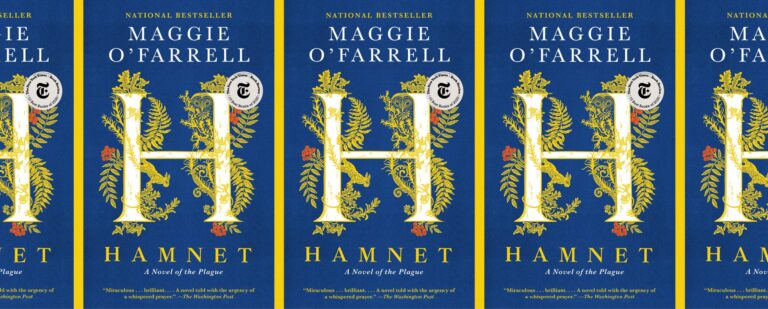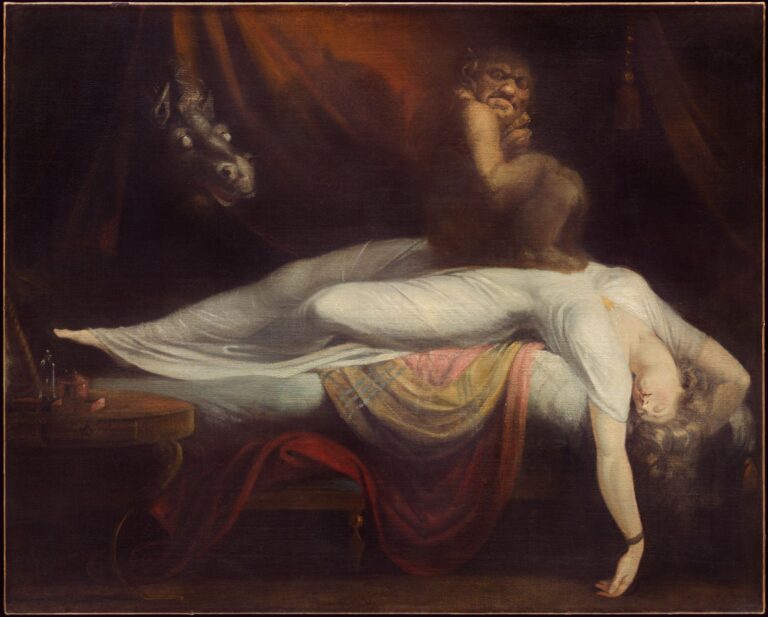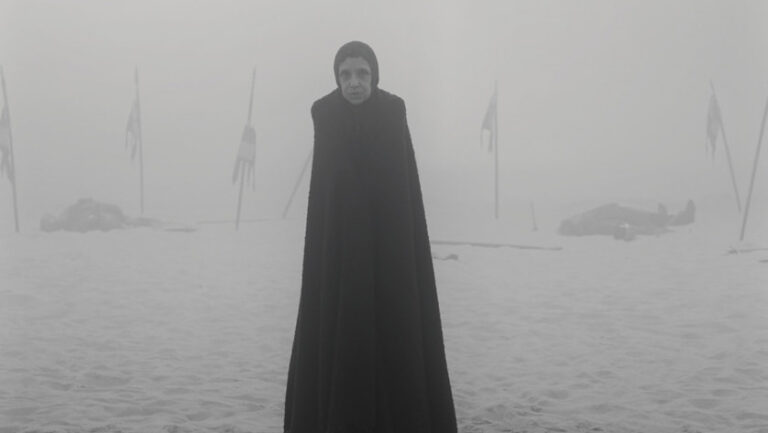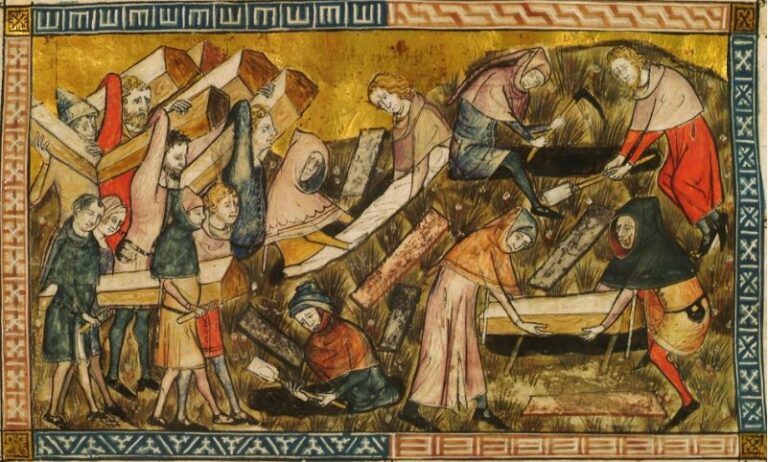Death and Remembrance in Hamnet
Maggie O’Farrell’s 2020 novel shows the painful reality that transformation and remembrance go hand in hand. This isn’t comforting—how can it be?—but to remember, to practice remembrance daily, shapes a person.

Maggie O’Farrell’s 2020 novel shows the painful reality that transformation and remembrance go hand in hand. This isn’t comforting—how can it be?—but to remember, to practice remembrance daily, shapes a person.

Queerness offers a way into unknowing some of the rigid boundaries we have inherited around what sex should be and what gender is. It can ask us to privilege pleasure and intimacy in our own desires. As in John Gower’s Iphis, queerness is a sort of stepping into the unknown.

Maria Dahvana Headley’s 2020 Beowulf translation works to center the lives and voices of women—a move that dramatically changes its handling of violence and trauma.

What Zadie Smith does in showing a Kilburn girl located within the Wife of Bath’s voice of experience is to open up space for thinking through the particular authority—the particular value and, especially in the play’s conclusion, the particular forms of sexual justice—such experience offers.

Sixteenth century literature provides a compelling explanation for women’s engagement with true crime: in many cases, it portrays women in control, rather than victims, of violence.

Medieval literature’s exploration of insomnia demonstrates a grappling with what it means to live with, and accept, fear and anxiety.

Macbeth’s failures are failures to understand the interplay of perspective and perception in interpretation.

From the Black Death to the AIDS epidemic, the history of literature is suffused with gaps. Such a history is a record of mourning. It’s a record of all the things that cannot be spoken while living with upheaval and grief.
No products in the cart.